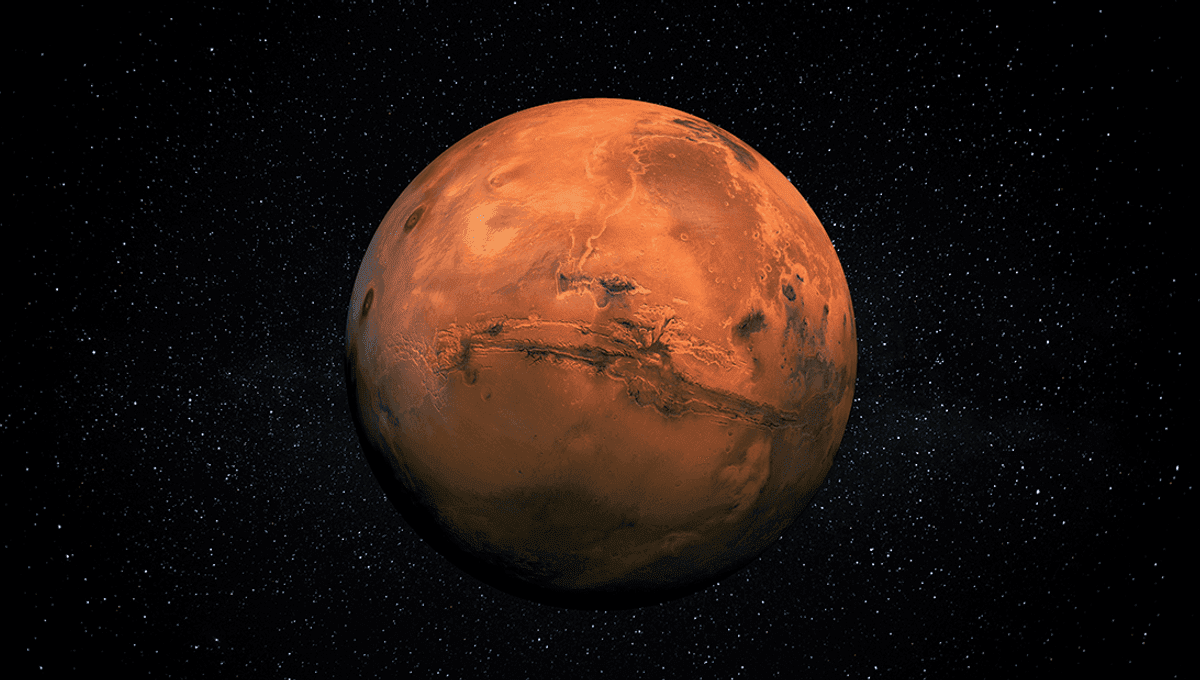
You may have heard of the Fermi Paradox, but if you haven’t, here it is in a nutshell: Given the high probability that alien life exists out there in the universe, why has nobody gotten in touch? If there are so many other civilizations out there, possibly at far more advanced stages than we are because of how long the universe has dragged on for (no offense universe, but get to the point), why are they not doing what we’re doing, sending out probes and desperately searching for other signs of life?
One idea is the Great Filter. The hypothesis goes that before alien civilizations can make it to the point where they are able to leave their solar system and begin colonizing their galaxy, something happens to prevent them from doing so, or we’d see evidence for this in our own Milky Way. Whether this is the step from multi-cell life to animals that can use tools, or from where we are now to exploring the galaxy, we just don’t know.
What makes this so interesting is we wouldn’t know if we are past the “great filter” or whether it’s going to happen in our future. Could it be that most don’t make it past single-cell life and we have made it past this filter? Or at some point yet to come are we, like other alien civilizations out there, about to destroy ourselves before we are able to leave Earth, perhaps through war or using up our resources before we can escape?
Somewhat disconcertingly, some philosophers and scientists have suggested that this means if we were to find life on, say, Mars it would have some less-than-ideal implications for where we are in relation to the Great Filter. Oxford University philosophy professor Nick Bostrom says that he hopes the search for extraterrestrial life turns up nothing. If we found very simple life forms, Bostrom argued in an article published in the MIT Technology Review in 2008, then we could conclude that the filter happens sometime after that point of life. If we found multi-cellular life, this would narrow down the point at which the Great Filter could take place.
Bostrom believes that in order to narrow down where the filter takes place, we should look at life on Earth to see which steps are improbable. “One criterion is that the transition should have occurred only once,” he wrote. “Flight, sight, photosynthesis, and limbs have all evolved several times here on Earth, and are thus ruled out.”
He also argued that evolutionary features that took a long time to occur even after prerequisites were met would indicate that this evolutionary step was improbable, eg the original emergence of life. The step from animals to humans took place over a relatively short time period, geologically speaking, suggesting it’s a weak candidate for a Great Filter event.
If we were to find evidence of vertebrates on Mars (very unlikely, but we can dream!) he believed that would be terrible news, as it would suggest that the bulk of the Great Filter is still in our future, and we’ll have to face the probability that we will go extinct before we are technologically mature enough to travel through the galaxy.
“Such a discovery would be a crushing blow. It would be by far the worst news ever printed on a newspaper cover,” Bostrom wrote. “This is why I’m hoping that our space probes will discover dead rocks and lifeless sands on Mars, on Jupiter’s moon Europa, and everywhere else our astronomers look. It would keep alive the hope for a great future for humanity.”
So, though there are many other possible solutions to the Fermi Paradox that are worth looking at if you enjoy that sort of thing, if Bostrom is correct it means that finding evidence of advanced civilizations is good news, but finding the wrong stages of life that evolved independently in our own Solar System would be the worst possible news we could receive.
This article first appeared in November 2020.
Source Link: Why Finding Life On Mars Could Be The "Worst News Ever" For Humanity